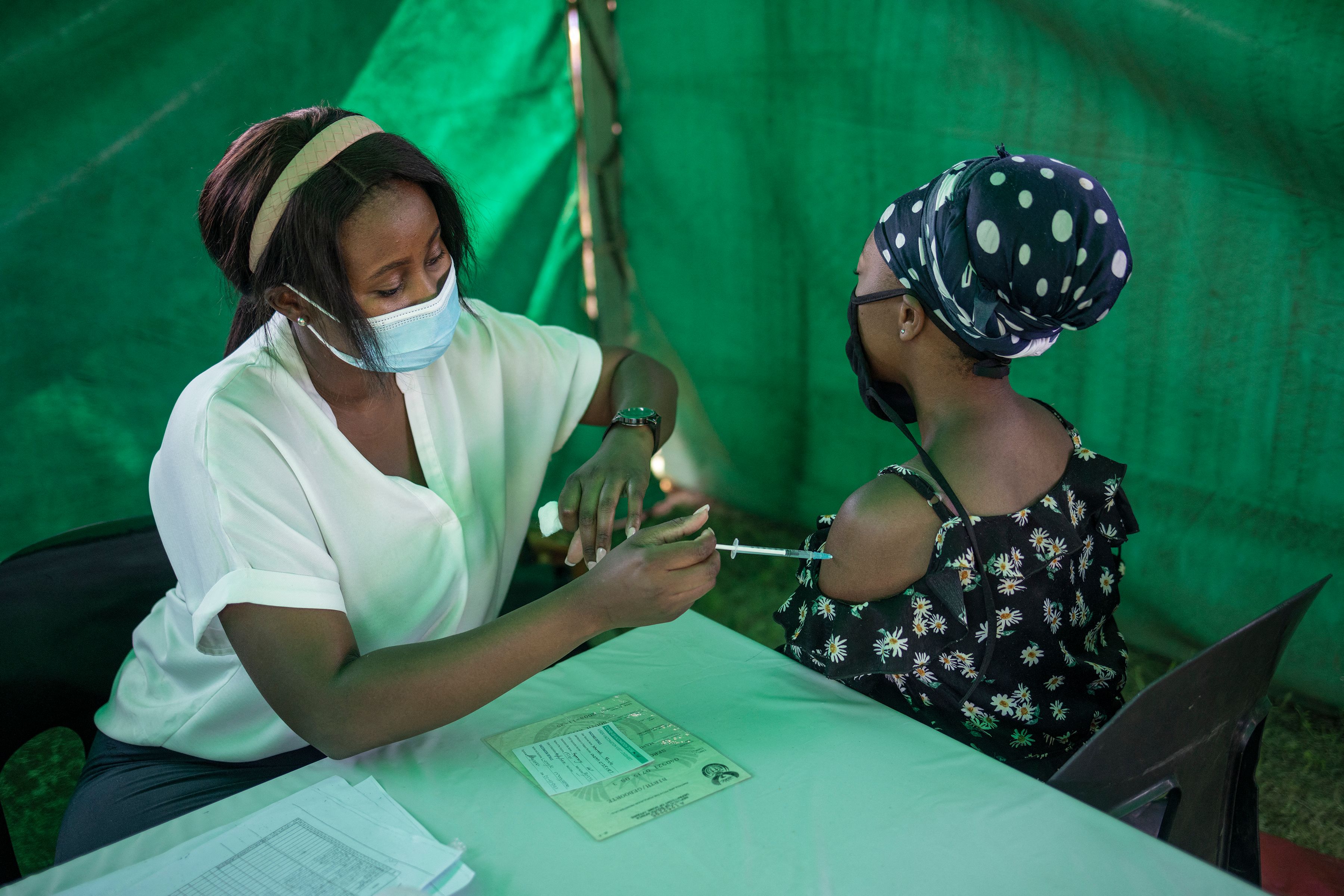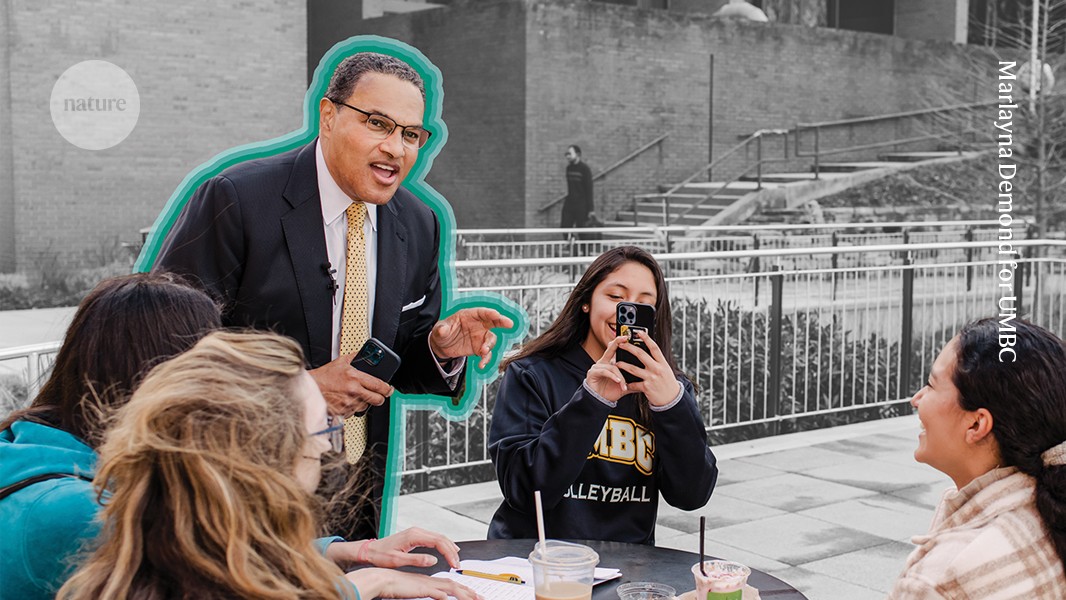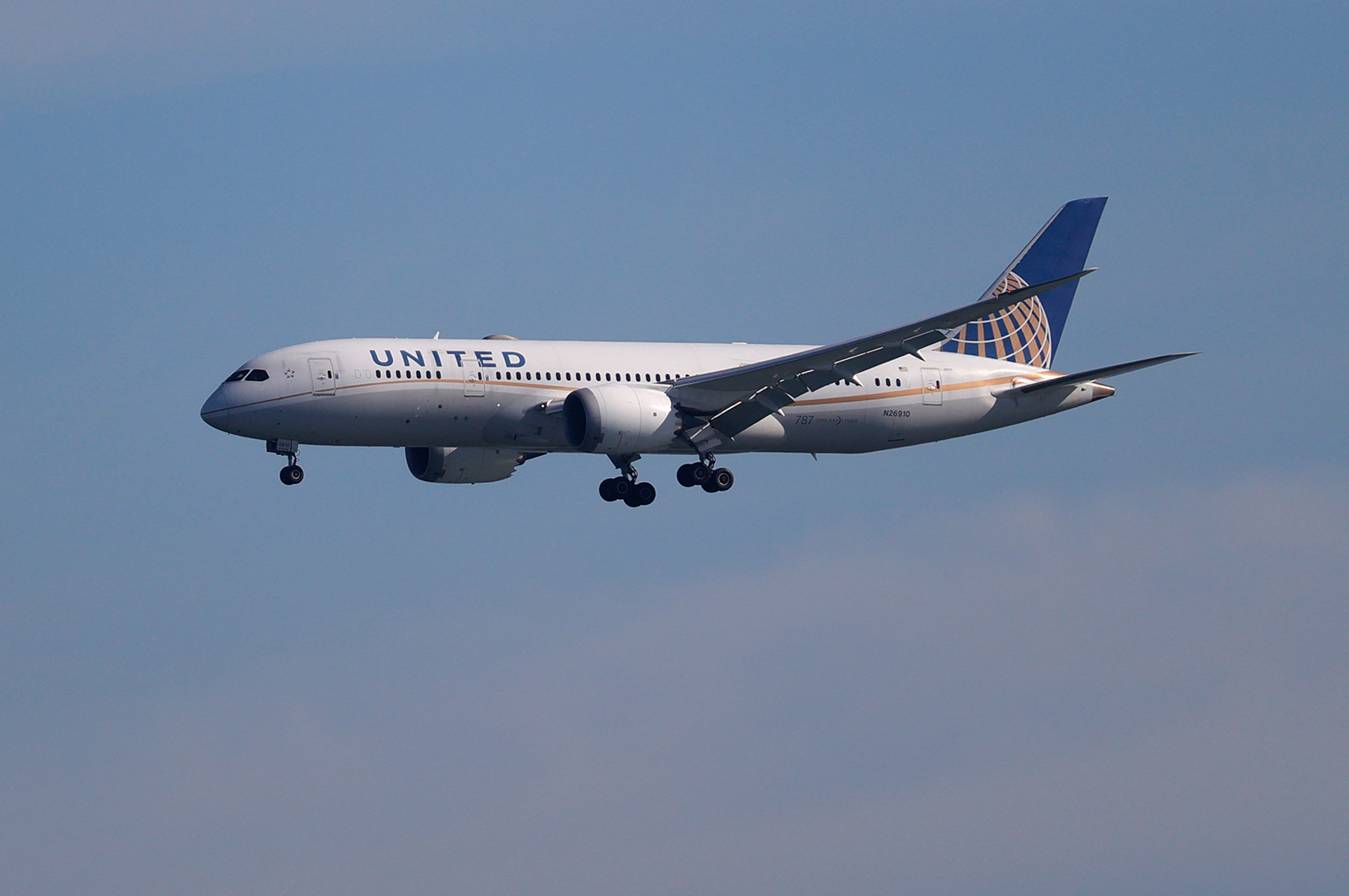
The discovery of a new and potentially more transmissible coronavirus variant by South African health authorities has sparked a forceful reaction across the world, with a growing number of countries banning travelers from several southern African countries.
The B.1.1.529 was labeled a “variant of concern” by the WHO. It appears to be spreading rapidly in parts of South Africa and scientists are concerned that its unusually high number of mutations could make it more transmissible and result in immune evasion.
Here’s what we know about Covid-19 in South Africa:
South Africa, which has fully vaccinated 35.37% of its adult population, has seen its rate of people initiating vaccination fall in recent days, according to data from the country’s Department of Health.
In the week ending Oct. 24, this metric hit its peak, with 1,047,427 people receiving a first vaccination. Since then, this metric has fallen, with 613,033 people vaccinated in the week ending Nov. 21.
More than 40% of adults – more than 16 million people – have initiated vaccination in South Africa. More than 5 million people have been vaccinated with Johnson & Johnson’s Covid-19 vaccine, and additional doses have been administered as part of a booster dose trial. More than 19 million Pfizer doses have been administered – nearly 11 million of which are first doses.
The country has administered a first dose of Pfizer’s Covid-19 vaccine to more than 400,000 children ages 12 to 18 years old.






More News
Georgia’s Ruling Party Secures a Contentious Law on Foreign Influence
Opinion | Harvard Should Say Less. Maybe All Schools Should.
Opinion | There’s Nothing Simple or Obvious About Trump’s Trial Defense